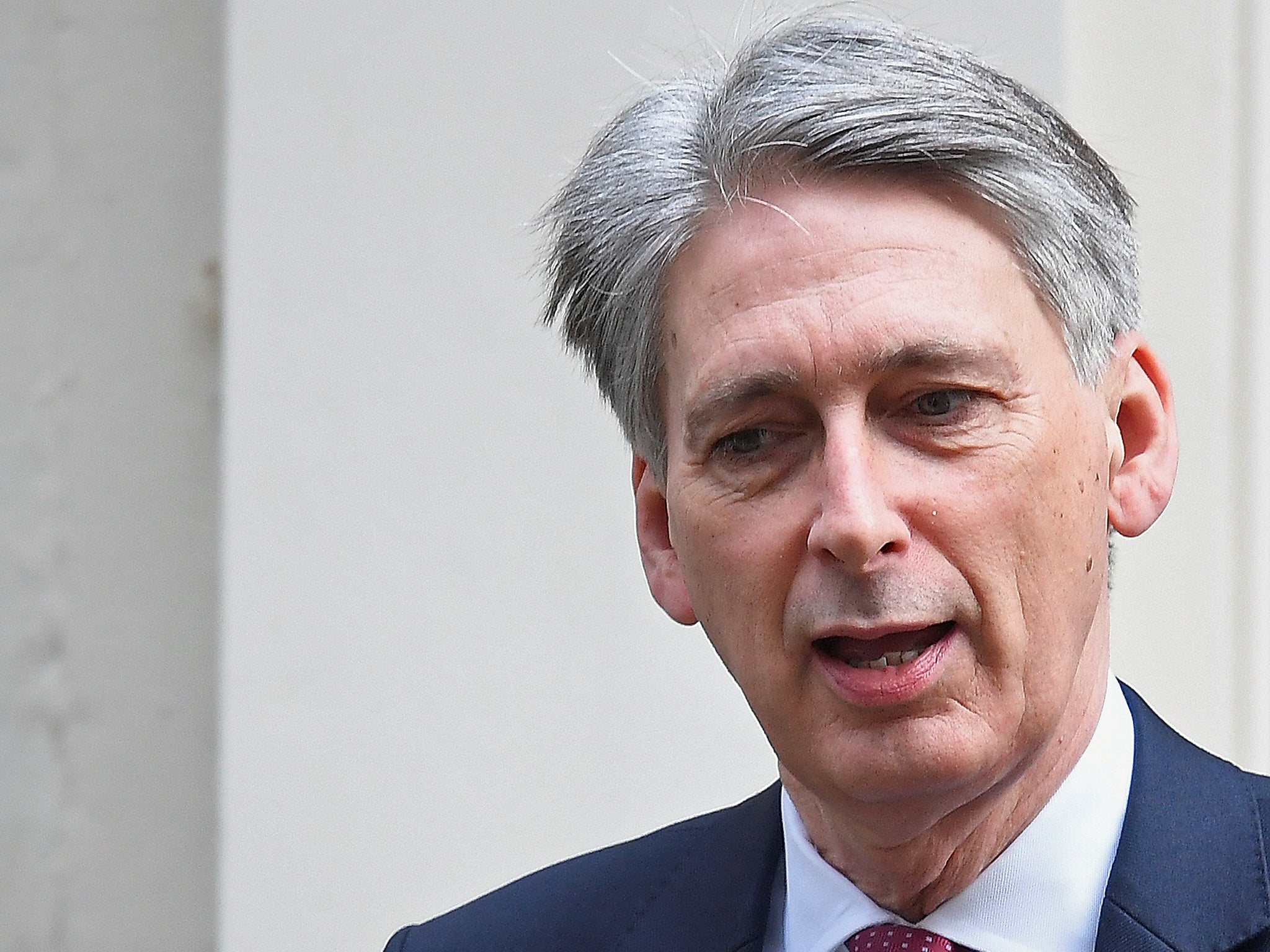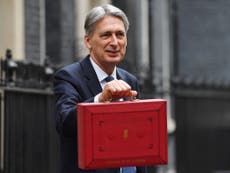Yes, this was the boring Budget of an accountant politician – but that's exactly what we need right now
Philip Hammond acknowledges the pressures this Government and its successors will face. He makes no great promises, but sets sensible priorities


This is sensible, Middle England stuff. The Budget this year will be overshadowed by Brexit, whatever happens in the various European elections, and by Donald Trump’s policies on trade. And we are flying blind, for we can have very little idea of how these global issues will develop.
All we can do is have reasonably robust national finances so that we can roll with the punches and, more positively, take advantage of the opportunities that may suddenly open up.
That said, Philip Hammond has done what he can. He has been fortunate in that faster-than-expected growth this year will ease the path back towards fiscal balance. But the idea that he is somehow building up a war chest is foolishly optimistic. The deficit may be heading generally down, but the national debt is still forecast to rise to 86.6 per cent of GDP in the coming financial year and it will be stuck at close to its peak into the 2020s.
That leads to the first of three messages from Hammond’s Budget today.
In the short term the growth and deficit stories may look a bit better than they did in the Autumn Statement, but the uncertainties look greater. The Office for Budget Responsibility (OBR) now sides with the Bank of England in expecting 2 per cent growth this year. This is very much the top of the range, for most people expect around 1.6 per cent; that is the level the Organisation for Economic Cooperation and Development forecast a couple of days ago, and the average level calculated by Consensus Forecasts. If the past year has taught us anything, it is that we should not set too much store by any forecasts – but if the OBR and the Bank agree on something, well, they might actually turn out to be right.
But next year the OBR expects a slowdown and that must be wise. Nobody, note, is predicting recession or anything like it, but it would be odd if, in the middle of fractious negotiations with Europe, there were not to be some slowing. Remember too that this global expansion is pretty long in the tooth. It has been going for more than eight years, already longer than most growth phases. On purely cyclical grounds you would expect things to slow in the next couple of years.
The second pointer is the clutch of tweaks Hammond made to the tax system. Levelling the playing field between the self-employed and the employed must make sense, though the increase in self-employment has been driven by forces other than taxation. Doing something about business rates must make sense. Doing more about tax avoidance makes sense too – though I was interested in the Chancellor’s observation that the tax gap between what should be collected and what we actually collect was narrow by international standards. I thought we were middle of the pack on that, and I would like to see more evidence that we are doing better than most.
The third message is gleaned from the section on education and social measures. The Government is spending a bit more money on both and its aspirations are laudable. The problem is that the scale of the challenge is so great that the numbers being spent are really quite small. We should not disparage what the Government is trying to do, but we should acknowledge this is not only a resources matter – it is also an organisational one. I suspect this will turn out to be very much a first bite at what will continue to be huge challenges not just for this Government, but for all governments for a generation and beyond.
That is, perhaps, the best way to see this Budget. It acknowledges the pressures this Government and its successors will face. It makes no great promises, but sets sensible priorities.
The new Autumn Budgets will give more opportunities for tuning policy towards reaching those objectives – but meanwhile, expect bumpy months ahead.


Join our commenting forum
Join thought-provoking conversations, follow other Independent readers and see their replies